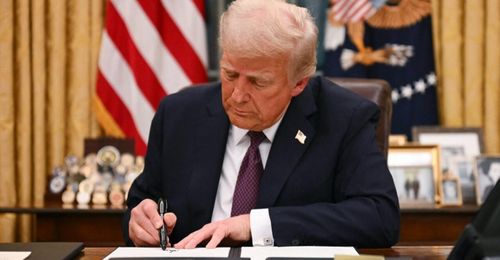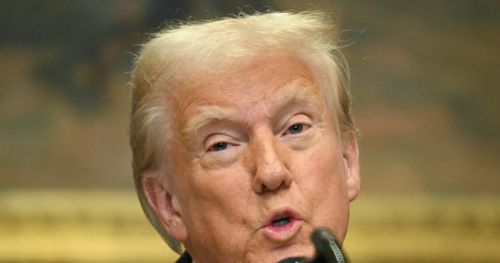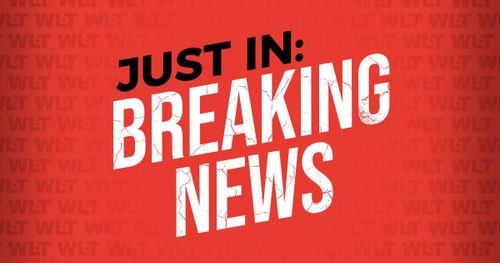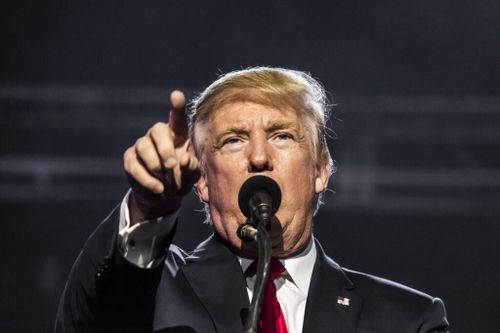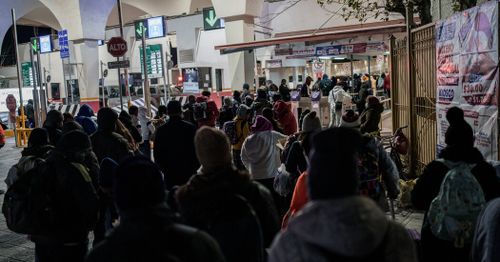Trump 2.0 Highlights| Trump signs executive order suspending migrant entry at US southern border
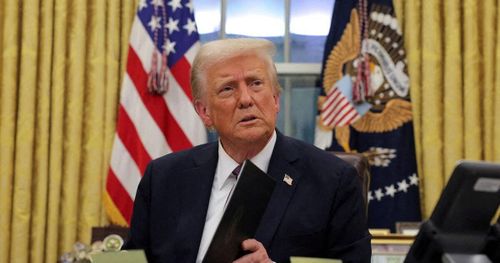
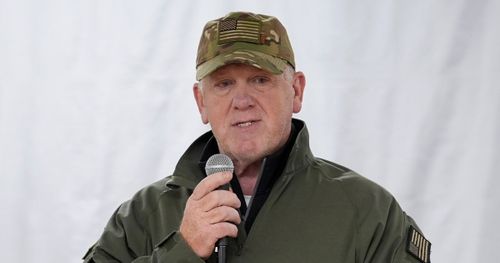
In his third day in office, President Donald Trump signed more executive orders aimed at shutting down the U.S. southern border to immigration and ramping up deportations — though large scale deportation raids had yet to materialize as of Wednesday afternoon. According to a fact sheet released by the White House, Trump signed an executive order that “suspends the physical entry of aliens engaged in an invasion of the United States through the southern border.”
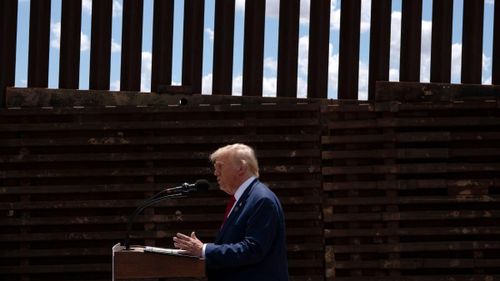
President Donald Trump suspends migrant entry at the U.S.-Mexico border through an executive order, the White House announced on Wednesday. The order directs federal agencies, including Homeland Security, Justice, and State, to take immediate action to prevent, repatriate, and remove illegal aliens crossing the border. This is part of Trump’s swift actions during his first week in office, aimed at addressing what he and his allies describe as the urgent need for stronger border security. The order mandates the deployment of resources to secure the border and block illegal crossings. Federal agencies have been instructed to coordinate efforts to stop unlawful entry and expedite the removal of individuals without legal authorization to enter the country. The administration framed the policy as a response to what it calls the failures of the Biden administration in controlling illegal immigration.
President Donald Trump has halted arrivals of refugees already cleared to enter the United States, according to a memo seen Wednesday, as he quickly pursues a sweeping crackdown on migration. Following an executive order signed Monday hours after Trump took office, "all previously scheduled travel of refugees to the United States is being canceled," said a State Department email to groups working with new arrivals. The memo asked the UN International Organization for Migration not to move refugees to transit centers and said that all processing on cases has also been suspended. In his executive order, he said he was suspending refugee admissions as of Jan. 27 and ordered a report on how to change the program, in part by giving "greater involvement" to states and local jurisdictions, which he said were being "inundated."

